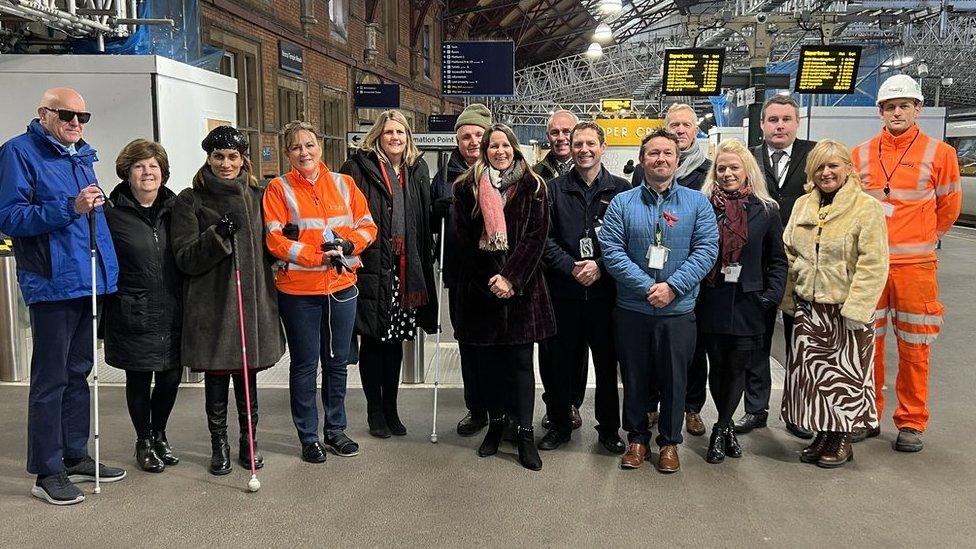Plan to close railway ticket offices sparks concern
- Published
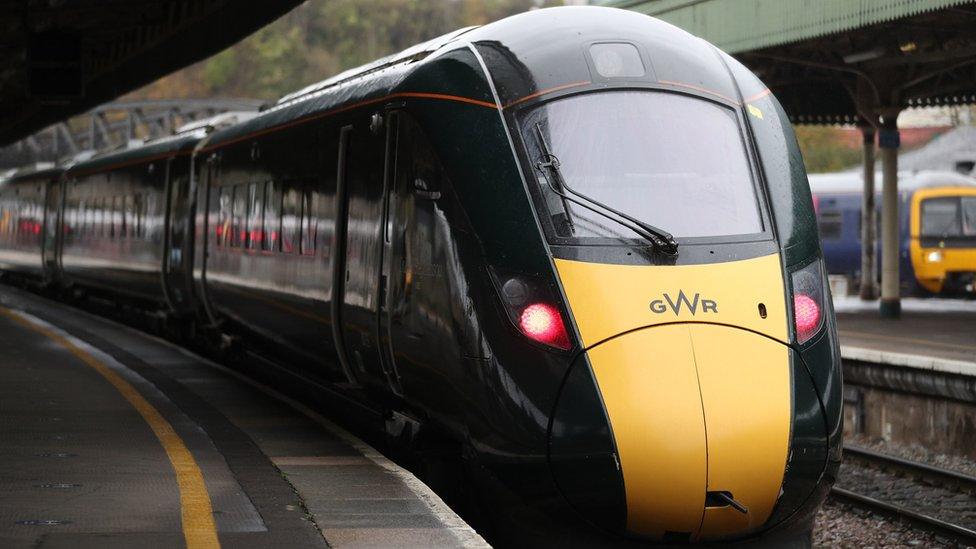
Up to 1,000 ticket booths in England could close, including stations in Bristol and Bath
Politicians and disability campaigners have spoken out against plans to shut railway ticket offices.
The proposals would see up to 1,000 ticket booths in England close, including at Bristol Temple Meads and Bristol Parkway.
South Gloucestershire councillor Chris Willmore said it is "a complete failure to understand small stations".
But Great Western Railway said transactions at its ticket offices had fallen below 15%.
A three-week consultation, external has launched into the industry-wide proposals, which would see staff move onto platforms and concourses.
Mr Willmore said: "What they're planning to do is pay people the same number of hours to be at the station but not allow them to sell tickets.
"That's bonkers in anybody's language and we will be campaigning strongly to stop this."
The affected stations include Bristol Temple Meads, Bristol Parkway, Filton Abbey Wood, Bath Spa, Yate, Oldfield Park and Keynsham, which sold a combined 600,000 paper tickets last year, the Local Democracy Reporting Service, external said.
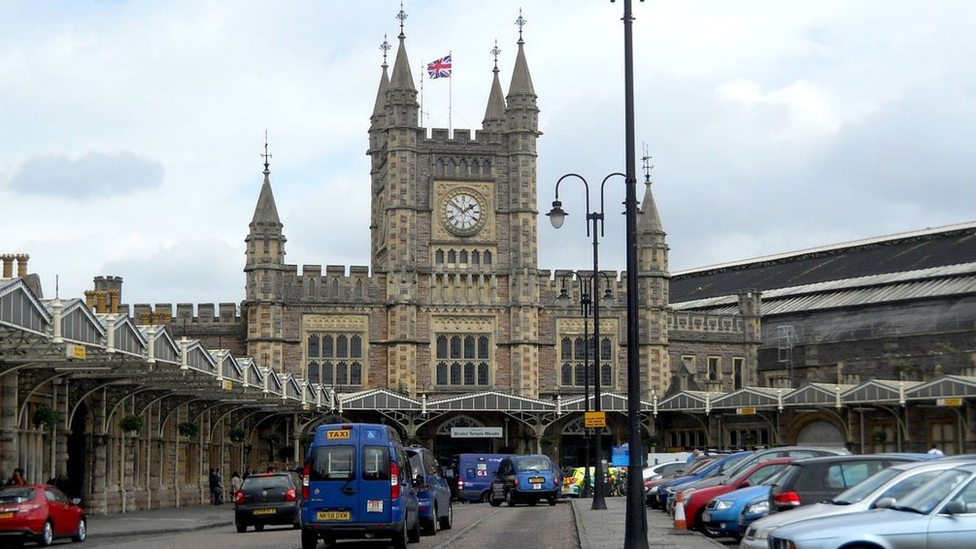
Bristol Temple Meads station is one of those affected
Public transport and disabilities campaigner David Redgewell said: "At Bristol Parkway there may be a desk like you see in a bank but with the levels of service greatly reduced.
"We don't think this is in the interests of passengers, especially passengers with reduced mobility and in need of assistance."
Mr Redgewell said tickets such as half-price fares for wheelchair users were not available at ticket machines, which sold only a limited range.
Labour metro mayor Dan Norris, head of the West of England Combined Authority, said he has met with Rail Minister Huw Merriman to raise his opposition to the plans.
He said the office closures would make life hard for everyone, especially disabled people and those who struggle to use the internet and book tickets online.
'Tickets are tricky'
"Many people in the West of England value the advice provided by staff in ticket offices," he said.
"It's not always simple knowing what's best value, or the difference between peak and off-peak times, or why an advance single or a super-off-peak may be the way to go for a particular journey - tickets are tricky."
Research by the Royal National Institute of Blind People found that only 3% of people with sight loss said they could use a ticket vending machine without problems and 58% said it was impossible.
The National Federation of the Blind (NFB) said previously that plans to reduce staff at stations "amounted to discrimination".
Sarah Gayton, Street Access Campaign Coordinator at NFB, said: "This is blatant discrimination.
"Taking away the safety, security and accessibility of public transport from people who rely on it is mean and cruel."
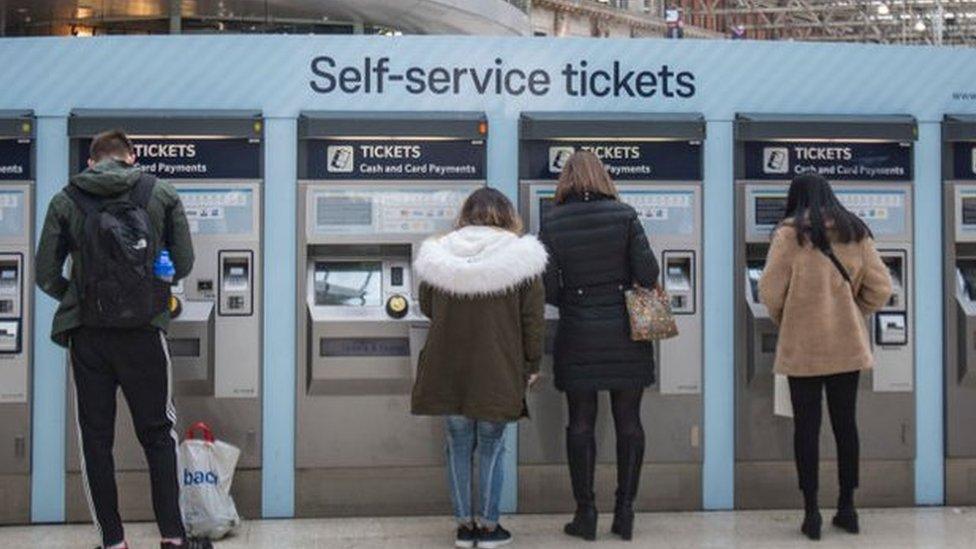
GWR said fewer people than ever are using ticket offices
A GWR spokesperson said the plans would see ticket office staff working on platforms and concourses, where they could be closer to customers and help them with a wider range of issues, while the kiosks could be phased out over a number of years.
The spokesperson added: "This consultation is designed to allow the public to test and examine our proposals, and make sure our plans are compliant with the safeguards put in place at privatisation so that the needs of customers will still be met."
GWR's passenger assist programme, which helps disabled and mobility-impaired customers navigate stations and board trains, will not be affected.

Follow BBC West on Facebook, external, Twitter, external and Instagram, external. Send your story ideas to: bristol@bbc.co.uk , external
- Published12 July 2023
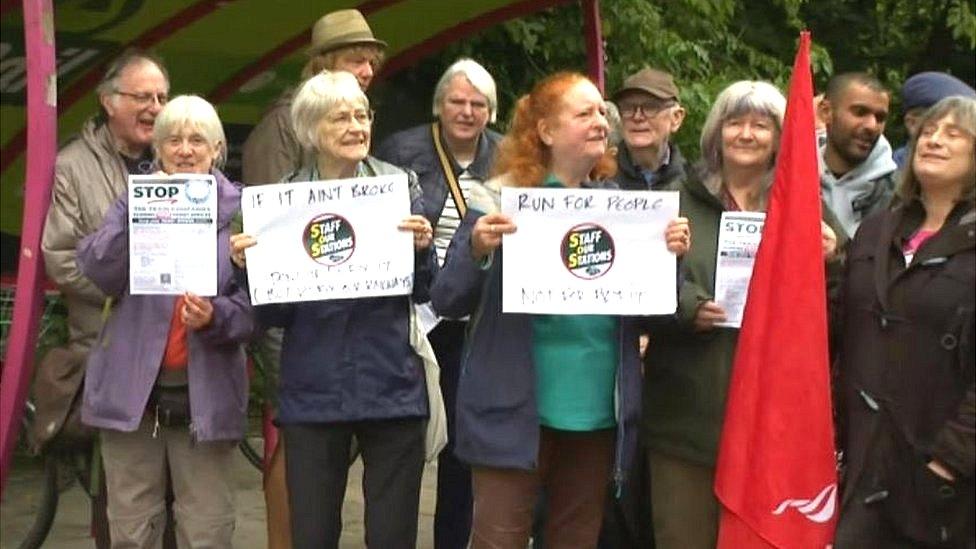
- Published6 July 2023
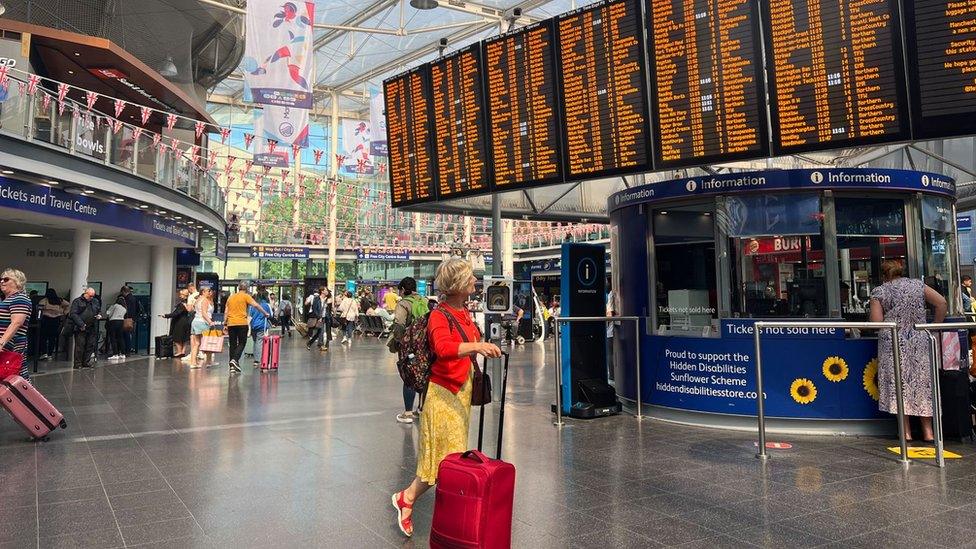
- Published5 July 2023
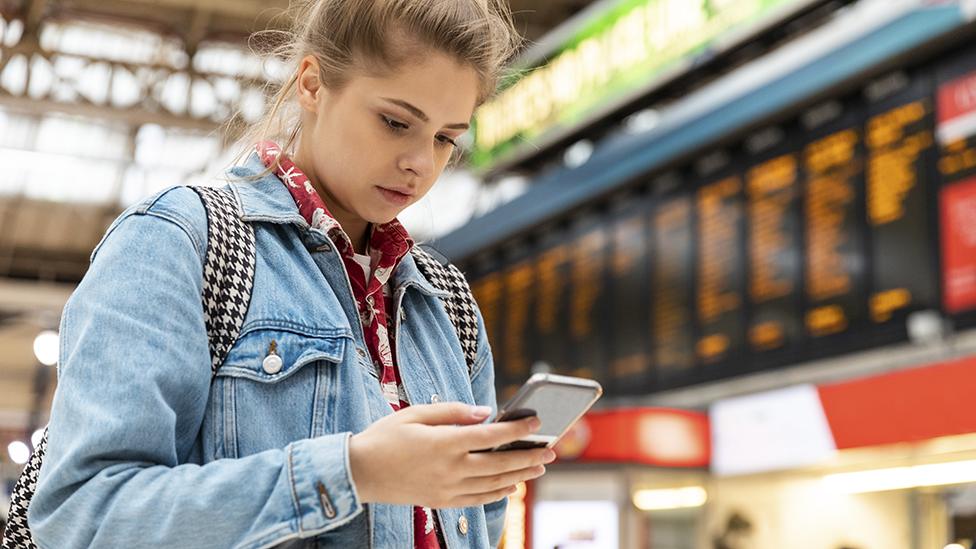
- Published7 January 2023
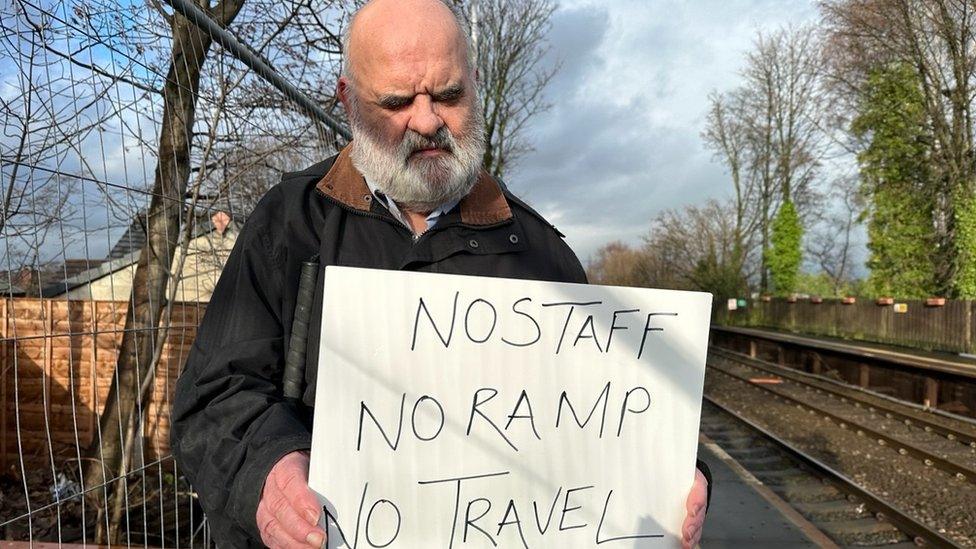
- Published2 December 2022
